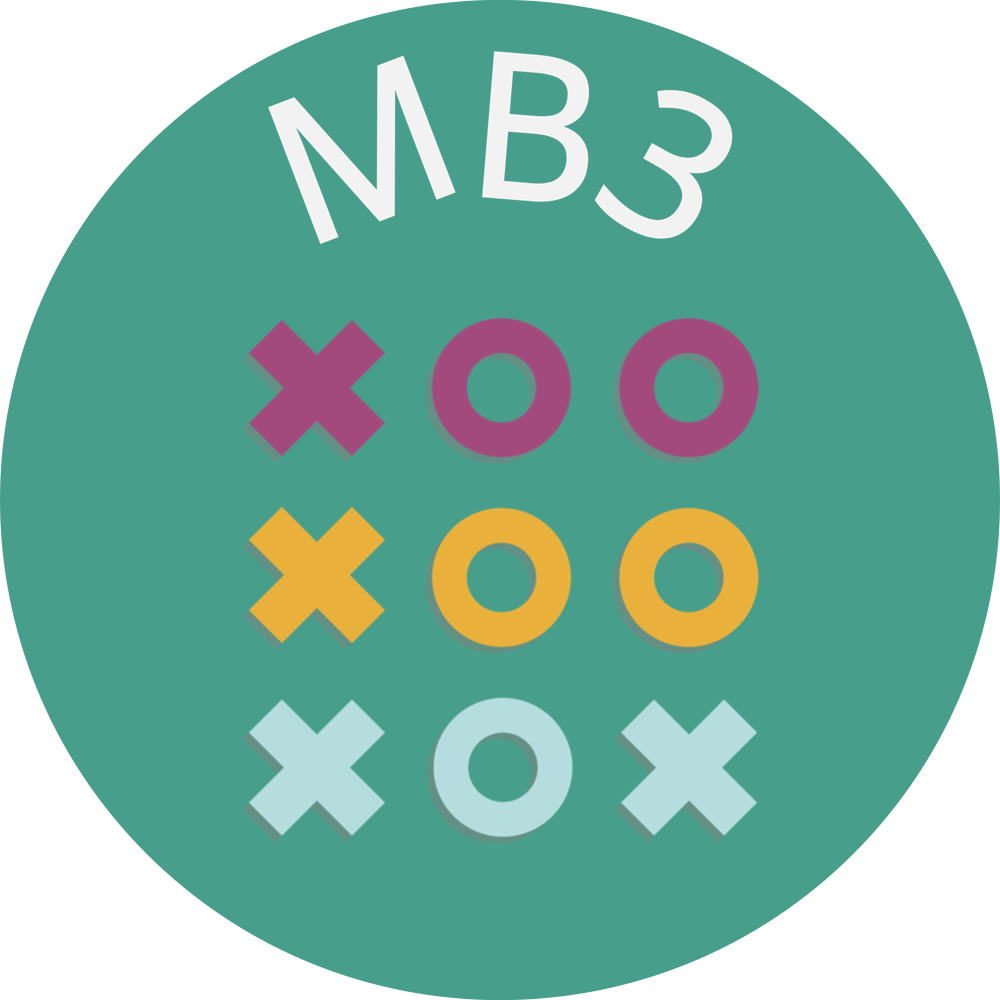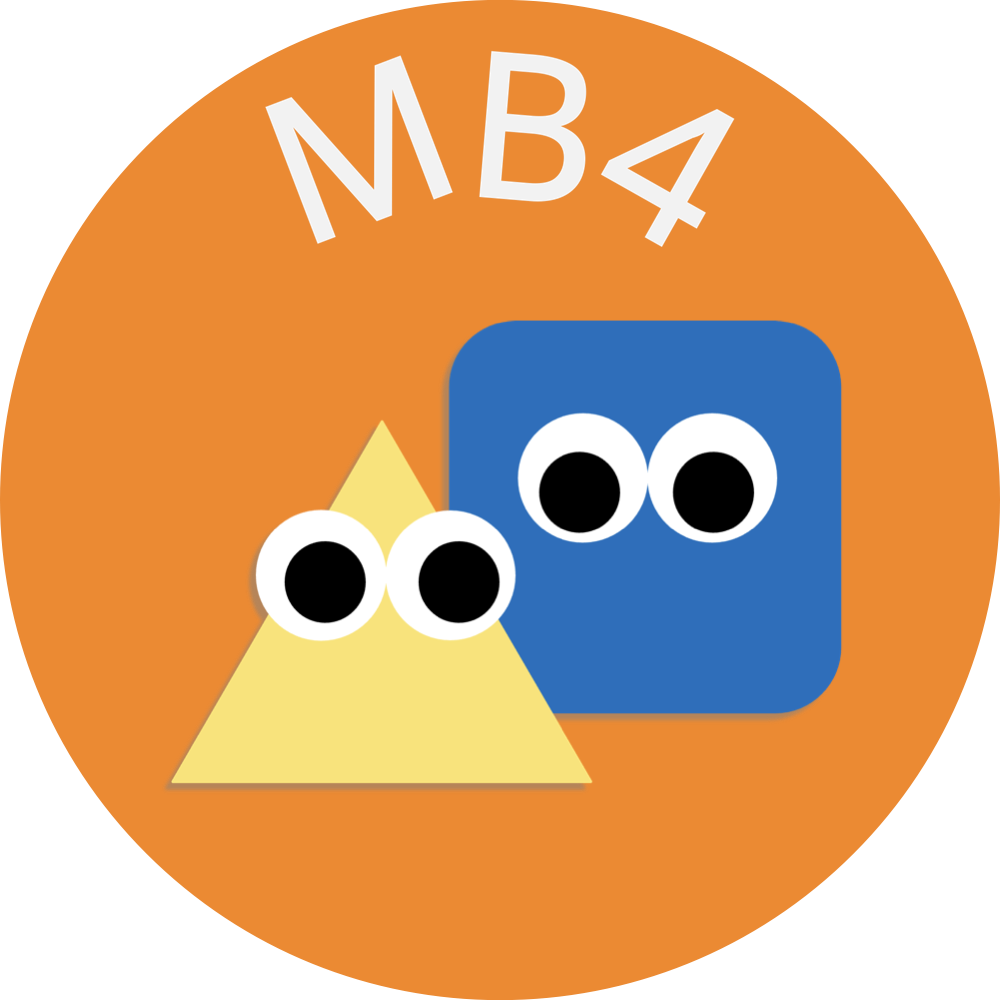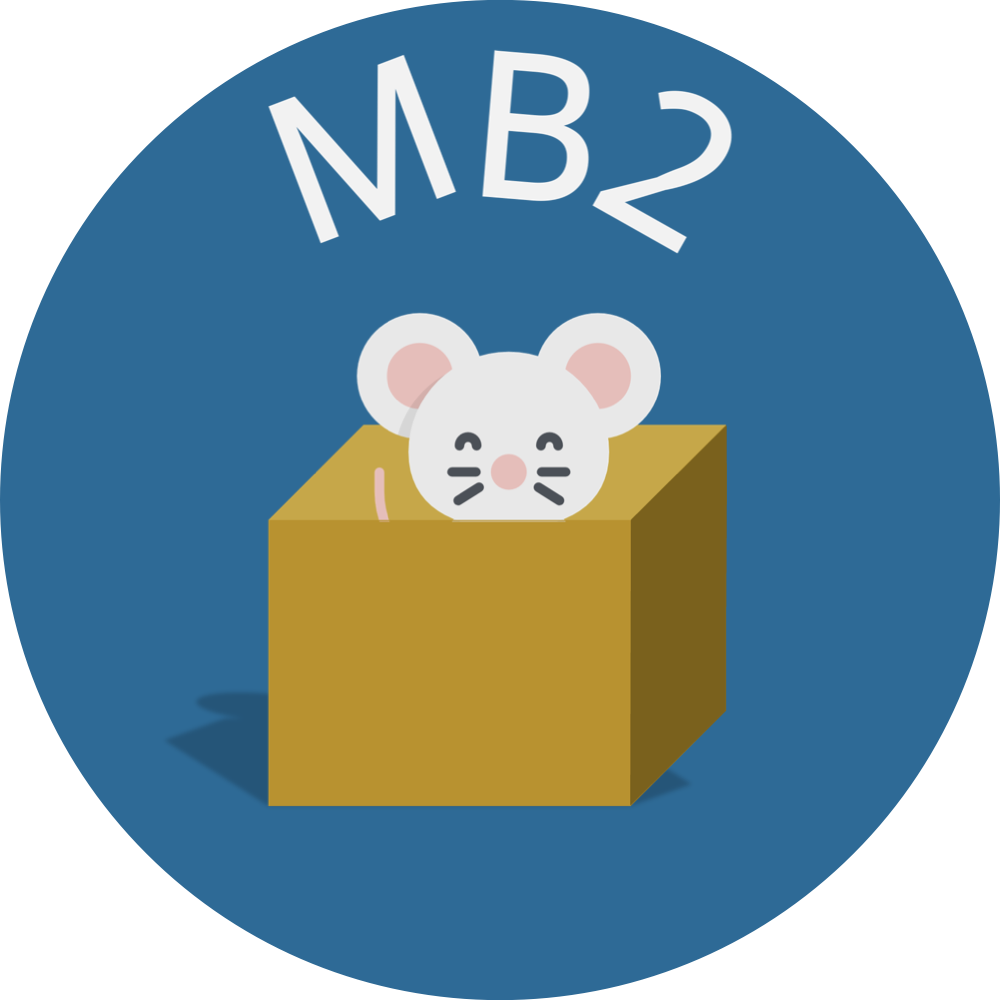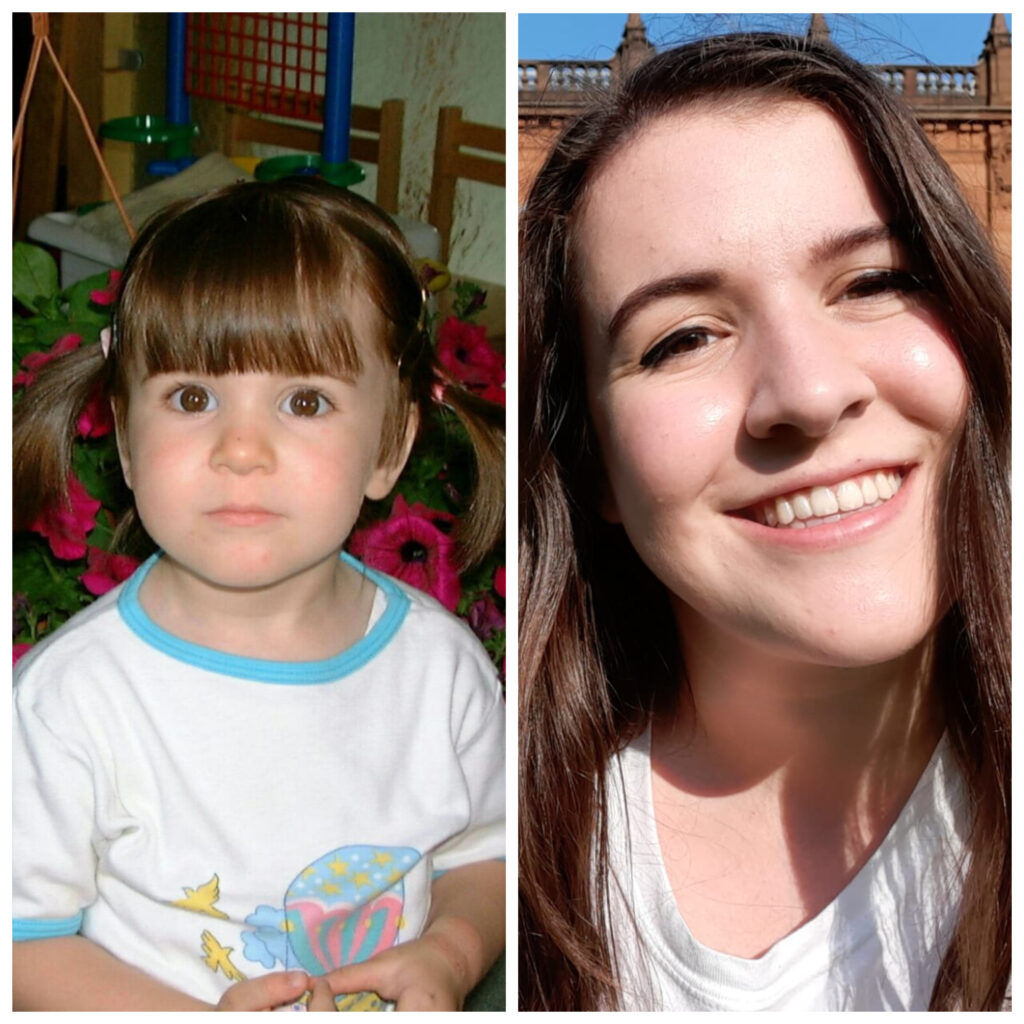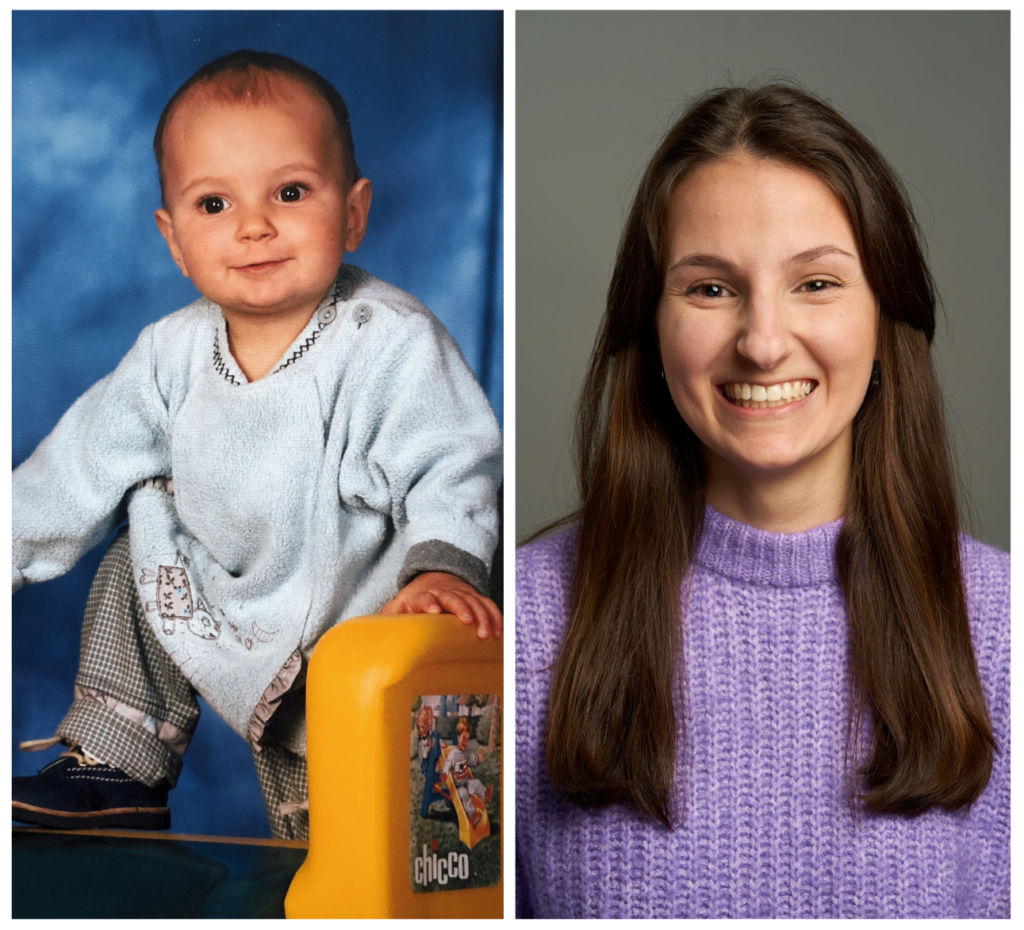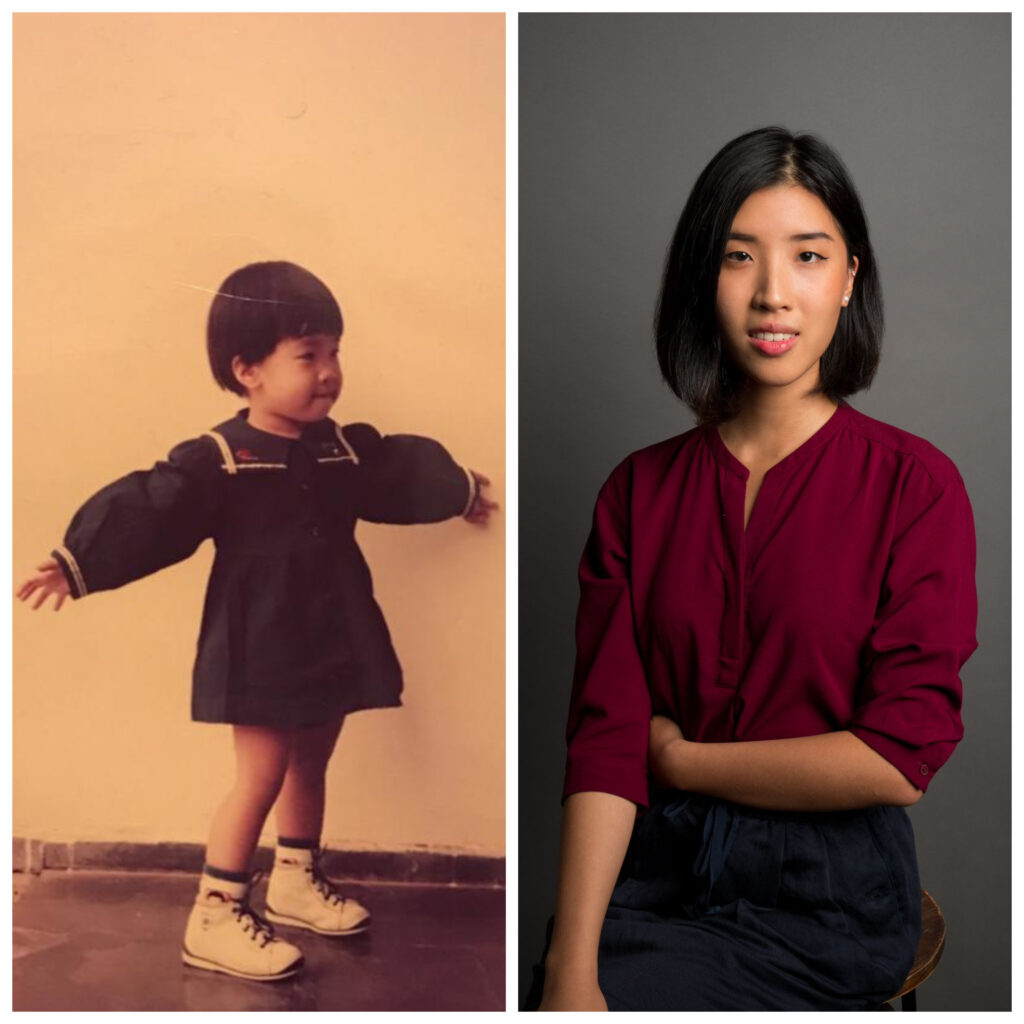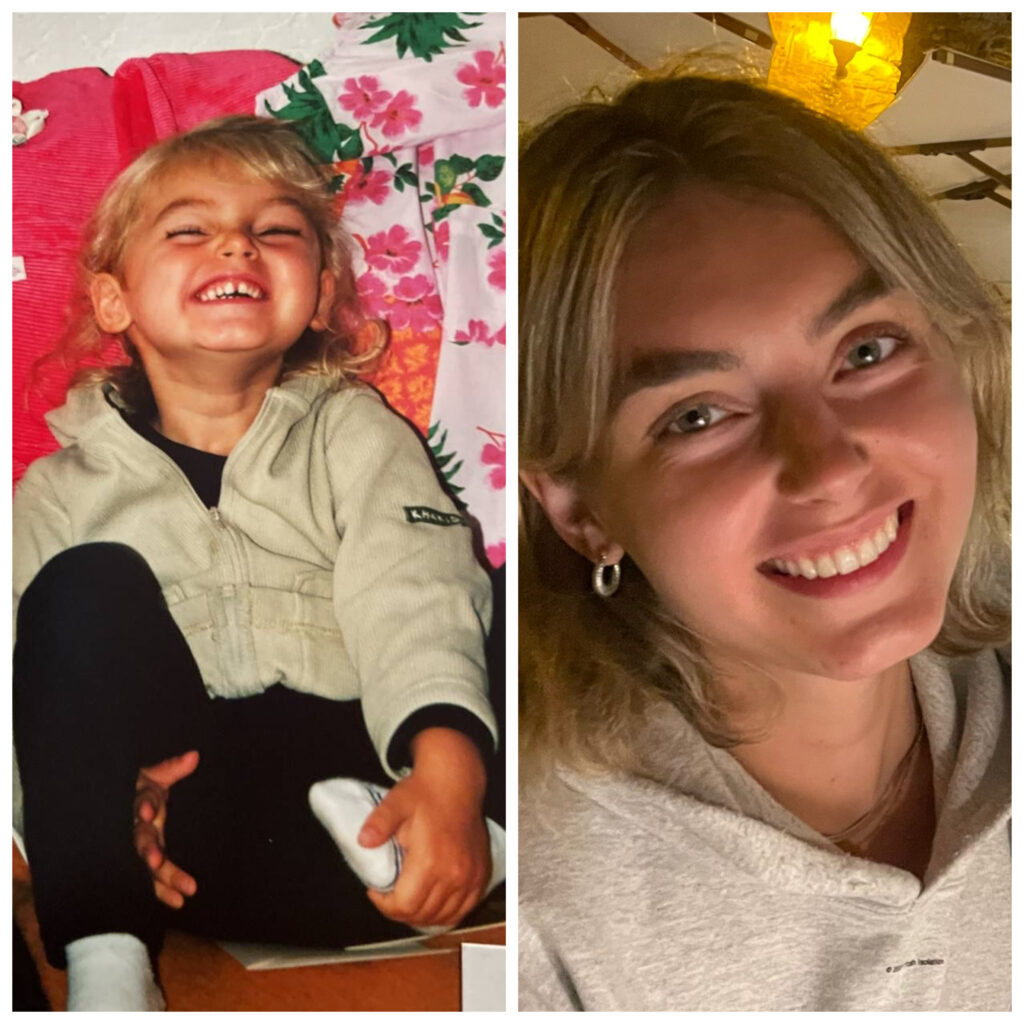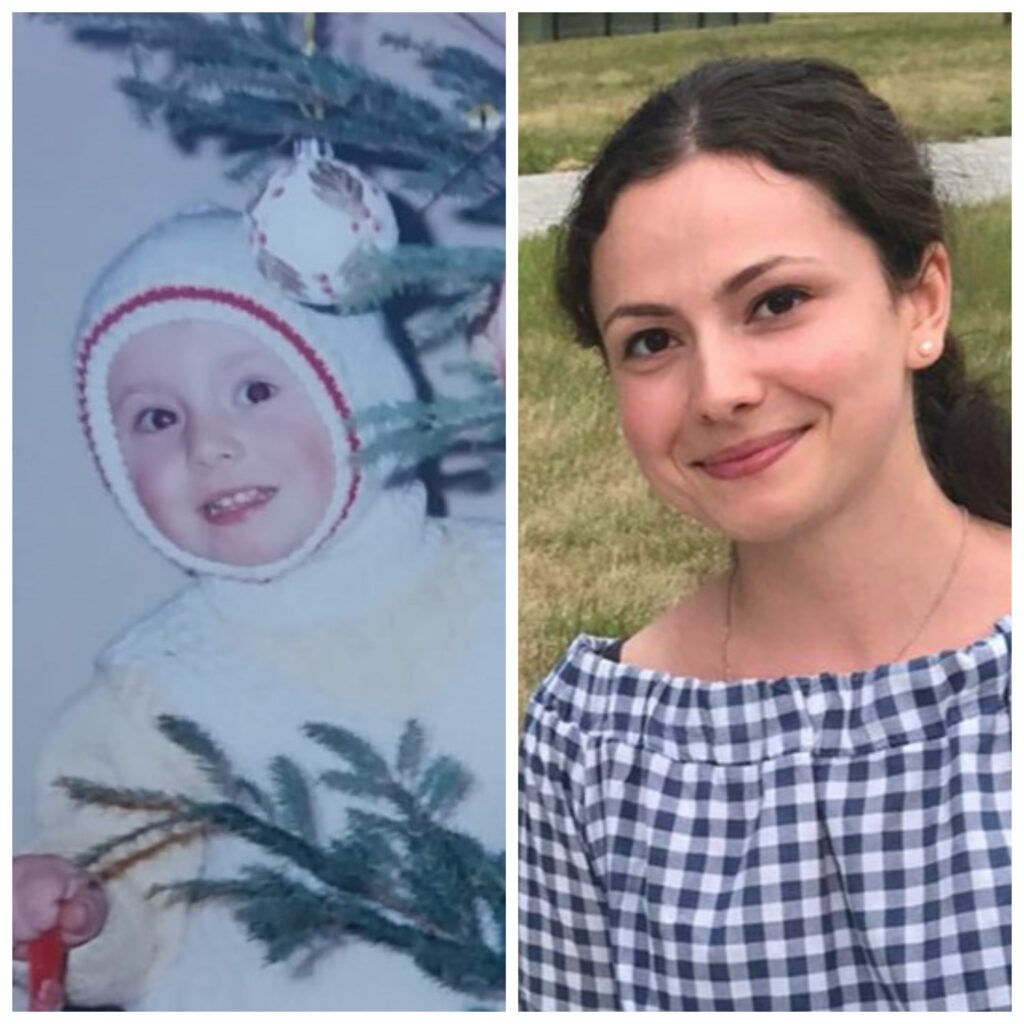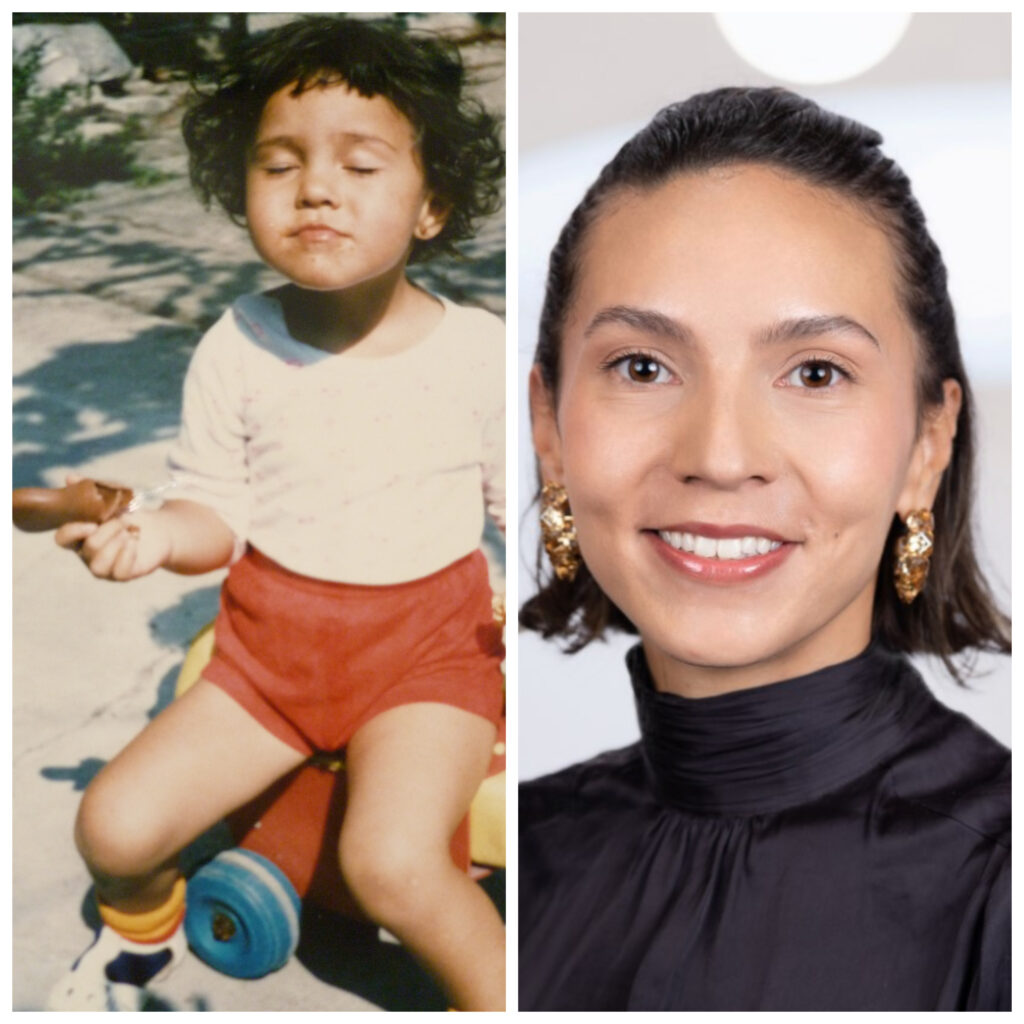How do babies learn? The ability to learn rules is at the heart of human cognition, essential for things like language, playing chess, and solving problems. But when do we develop this ability? Can babies already learn rules?
Together with labs across the world, we here at the University of Amsterdam are starting the exciting ManyBabies 3 project to answer these questions. We will present 5 to 12 month old babies with recordings of syllable sounds. Meanwhile, we observe their eye movements and head-turn behavior to gain a deeper understanding into whether babies use rules to learn languages. The study takes approximately 15 minutes.
Are you interested in joining us at the lab with your baby? Babies of all language backgrounds are welcomed. Let us know here and we will get in touch with you with more info!
